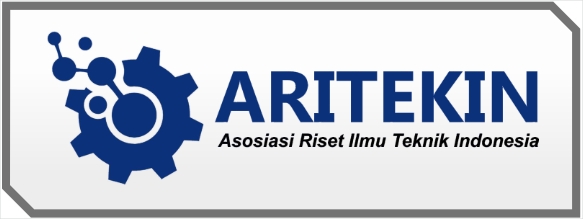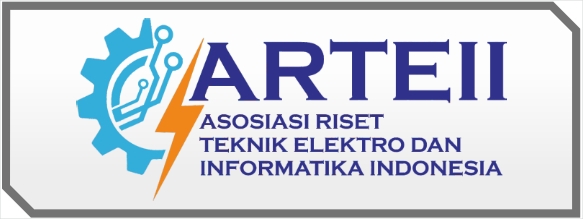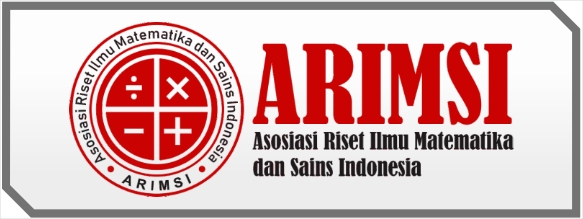Pengembangan Model Pembelajaran Islam Berbasis Teknologi untuk Generasi Milenial
DOI:
https://doi.org/10.59581/jmk-widyakarya.v1i3.478Keywords:
Technology Learning Model, Millennial GenerationAbstract
Every industrial revolution will have an impact on every aspect of daily life, including Islamic education. Begin by mentioning the current industrial revolution, which is still going strong and will continue to negatively impact Islamic education, particularly media that promotes learning. This effect cannot be reversed. Every action has both positive and negative effects. There is always a way to maximize positive effects and minimize or eliminate negative ones. "Pengembangan Model Pembelajaran Islam Berbasis Teknologi to Generasi Milenial" is the topic that can be covered in this essay. The current study is a rigorous evaluation that applies the method of deskriptif textual analysis to the context of Library The findings of this study indicate that the best media for teaching and learning in the present period are those that are based on technology.
References
Djamarah, S. (2010). Gurudan Anak Didik dalam Interaksi Edukatif. Jakarta: Asdi Mahasatya.
Hamruni. (2012). Strategi Pembelajaran. Strategi Pembelajaran. Strategi Pembelajaran. Yogyakarta: Insan Madani.
Hidayat, A. (2018). Metode Pendidikan Islam untuk Generasi Millennial. (1st ed., Vol. 50). Fenomena.
Karwati, E. P. (2014). Manajemen Kelas (Classroom Management) Guru Profesional Yang Inspiratif, Kretatif, Menyenangkan Dan Berprestasi. Bandung: Alfabeta.
Romlah. (2011). Pengembangan Model Pembelajaran PAI Berbasis CTL. Progresiva, 5(1), 162355.
Sabri, H. A. (2010). Strategi Belajar Mengajar Dan Micro Teaching. Ciputat : Quantum Teaching.
Sagala, S. H. (2012). Supervisi Pembelajaran Dalam Profesi Kependidikan. Bandung: Alfabeta.
Sanjaya, W. H. (2012). Perencanaan dan Desain Pembelajaran. Jakarta: Kencana.
Ummayah, I. R. (n.d.). Model Pembelajaran Berbasis Teknologi.
Repository Universitas Muhammadiyah Sidoarjo. Retrieved March 25, 2023, from http://eprints.umsida.ac.id/3726/2/artikel%20TP%20%28%20IFTAH%29.pdf
















